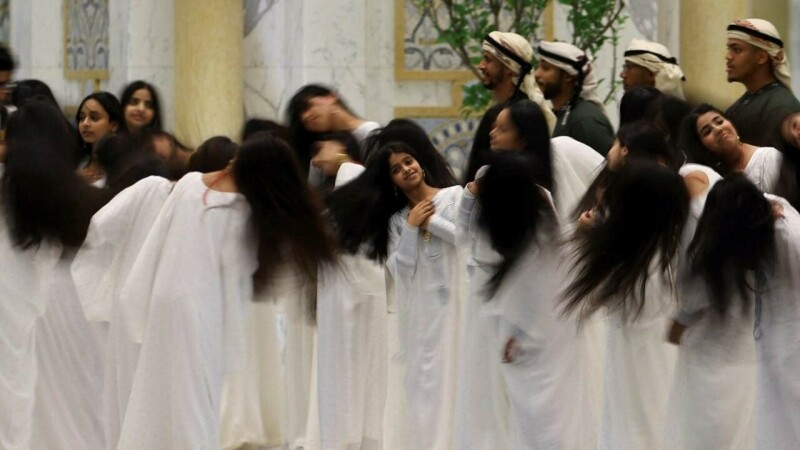What was the link between the Maghreb and World War I?
KARACHI: In place of the first jihad camp in Germany, where Muslims were recruited from different parts of the world to fight in World War I, there is now a refugee camp. Located in the south of Berlin at Wünsdorf-Zossen, it is also where the first mosque in Germany was constructed in 1915.
Speaking at a talk titled ‘Digging deep, Crossing Far’ held at T2F, radio producer Julia Tieke and curator Elke Falat spoke about working on their audio project that documented the role ‘colonial recruits’ from South Asia and the ‘Maghreb’ played in World War I.
Tieke spoke about how she came across a postcard showing the mosque at Wünsdorf-Zossen that first piqued her interest in the project. “Thousands of such postcards were printed to show that Muslims were treated well,” she said. “The Germans had designed a ‘jihad programme’ with the Ottoman Empire. For the Sikhs and Hindus there were small sites as well but the focus was on Muslims.”
She also showed clippings of ‘Hindustani Urdu’ newspaper that was distributed at the camp containing a fatwa from the Ottoman sultan supporting it as well. Most of the ‘colonial’ soldiers at the camp were Prisoners of War who were fighting on behalf of the British and were captured in France.
During their research in Karachi they uncovered an Urdu pamphlet dating back to 1918 asking people to contribute monetarily to the war. Another document shown at the talk was by the Karachi War League in 1917 offering a prize of Rs1,000 for the “best forecast of the war”.
“Although most of the soldiers were recruited from Punjab but they would go through the harbour in Karachi,” said Tieke. She showed an old map of Pakistan showing Khyber Pakhtunkhwa, Gilgit Baltistan, Punjab with marking dots and numbers scribbled on it. Those were the locations from where the Prisoners of War at the camp were from along with the number of recruits.
“The jihad programme wasn’t very successful,” added Tieke, “So they stopped quite early and opened the camp to researchers. A person who wanted to record and create an audio museum came and started a commission and would record from these camps.” She showed a photo of men waiting in line to get recorded.
“This was known as the Half Moon camp,” she said adding, “because it had the most faraway and most diverse languages.”
Published in Dawn, June 3rd, 2016













Comments